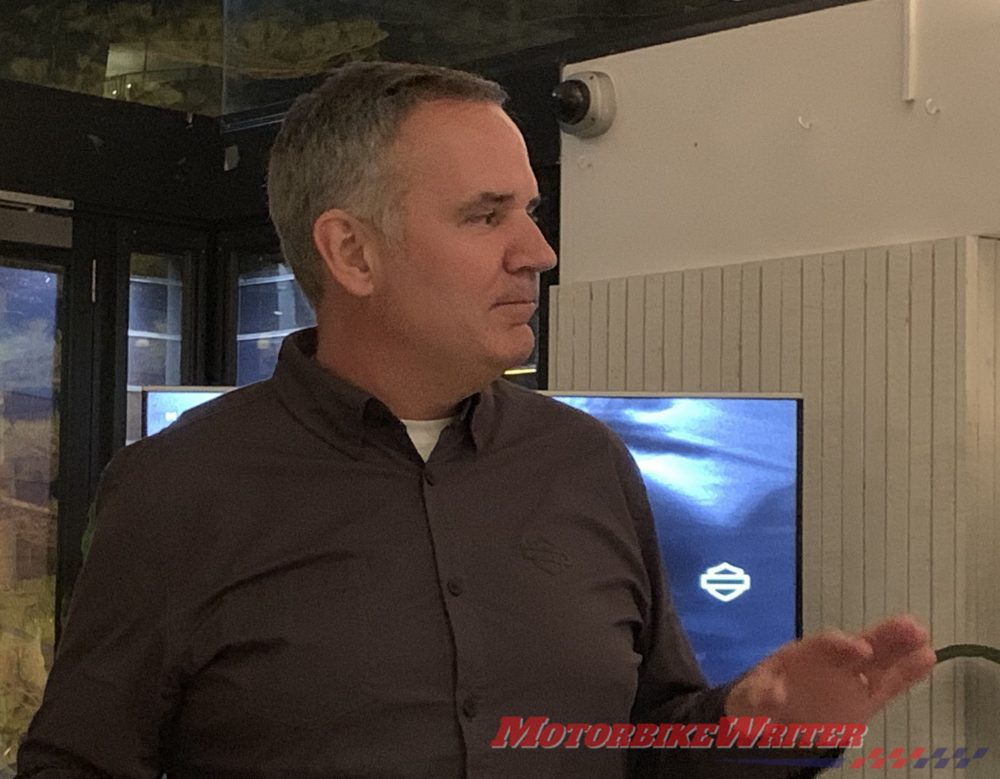A boardroom battle is brewing at Harley-Davidson as investors trying to wrestle control have suggested CEO and president Matt Levatich was sacked last month and was paid a record $11m last year.
His departure comes as the company experiences its biggest sales slide since the Global Financial Crisis.
Hedge fund Impala Asset Management who have a 1.2% share in Harley, have launched their first proxy battle to have two nominees on the new board.
Harley replied that it is happy with its nine nominees.
But Impala isn’t backing down and released a controversial statement to investors that claims Levatich was sacked or “terminated” and paid a record sum. It also complains about the salary for temporary replacement Jochen Zeitz.
We have had significant concerns about the strategic direction and actions taken by the Board under former Chairman Michael Cave’s stewardship for some time – and we have voiced these concerns privately to Harley,” Impala says.
Notably, it took our urging to convince the Board to terminate the prior CEO, Matthew Levatich, despite years of poor performance.
In 2019, Mr. Levatich’s reported compensation increased to a new annual record of more than $11 million, even as adjusted motorcycle operating income declined by more than 20% and the stock underperformed Harley’s peers.
The Board has still not shown that it is focused on positive change. To the contrary, one of the first decisions the incumbent directors made after firing Mr. Levatich was to reward their longstanding colleague, Jochen Zeitz, the new Acting President and CEO, with a pay package that could provide up to $8.5 million in salary, bonuses and restricted units for a short assignment.
This is yet another instance of this Board being tone deaf to the plight of shareholders and further demonstrates the need for new perspectives on the Board.”
Sacked or mutual agreement?

Harley has not replied to Impala’s claims, but their original announcement said Levatich was stepping down after a mutual agreement with the board.
They have also not answered our questions from a couple of weeks ago that included whether the boss was sacked and his severance payment arrangements.
Looks like tough times ahead for Harley who this week announced temporary factory closures in the US after a worker at their Pilgrim Rd engine factory in Milwaukee tested positive for coronavirus.
It is too early to say what effect the new boss, new board, coronavirus and the likely recession will have on this major motorcycle manufacturer, but we will keep you updated.


